Scientists Investigate Surprising Connection Between Earth’s Oceans and Alien ‘Ocean Worlds’
Earth’s oceans are already a fascinating subject, but what if they hold clues about alien worlds?
Scientists are exploring surprising connections between our oceans and “ocean worlds” in our solar system. This intriguing investigation could change our understanding of life beyond Earth.
Defining Ocean Worlds
Ocean worlds are celestial bodies with significant amounts of liquid water beneath their icy surfaces.

Source: NOAA Office of Ocean Education
Examples include Jupiter’s moon Europa and Saturn’s moon Enceladus. These worlds have become prime candidates in the search for extraterrestrial life.
Earth's Unique Oceans
Earth’s oceans cover over 70% of its surface and are home to diverse ecosystems. These vast bodies of water play a crucial role in our planet’s climate and are essential for supporting life.

Source: Wikimedia
The study of Earth’s oceans can provide insights into the potential habitability of other ocean worlds.
Similarities Between Earth and Alien Oceans
Researchers from UC Santa Cruz have found striking similarities between Earth’s oceans and those on alien worlds.
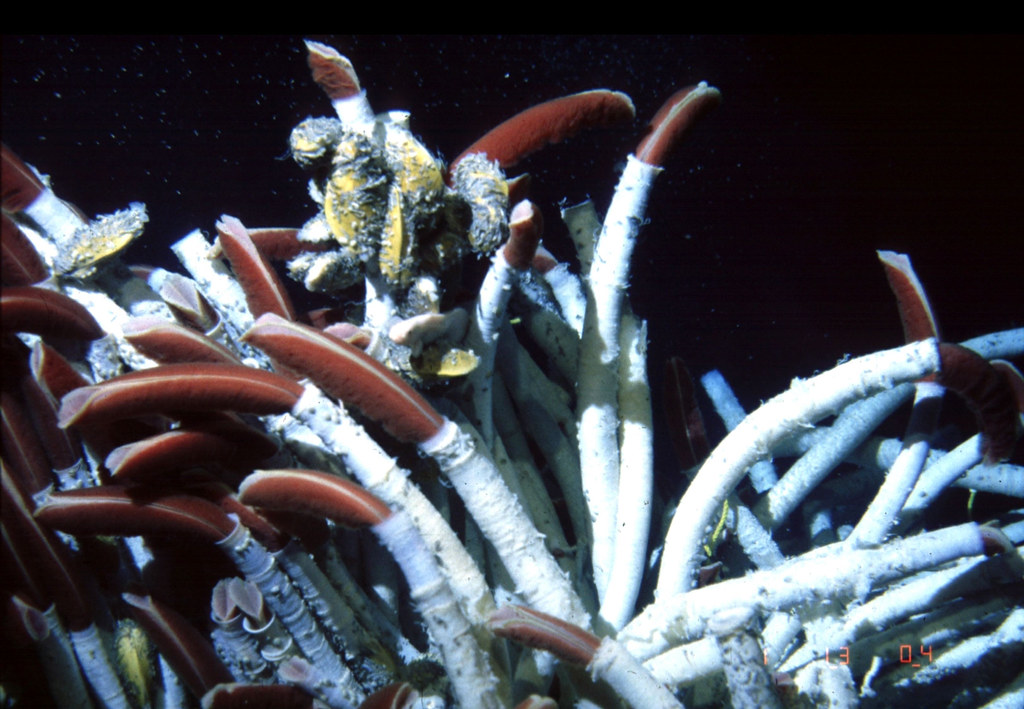
Source: NOAA Ocean Explorer
For instance, the salty subsurface ocean of Europa is thought to be chemically similar to Earth’s oceans. This similarity raises intriguing questions about the potential for life on other planets.
The Role of Hydrothermal Vents
Hydrothermal vents on Earth’s ocean floor support unique ecosystems that thrive without sunlight. These vents are powered by the planet’s geothermal energy, creating a rich environment for life.

Source: NOAA Office of Ocean Education
Scientists believe similar conditions could exist on ocean worlds, providing the necessary ingredients for life.
Life in Extreme Conditions
Life on Earth can survive in extreme environments, from the deep ocean to arid deserts.
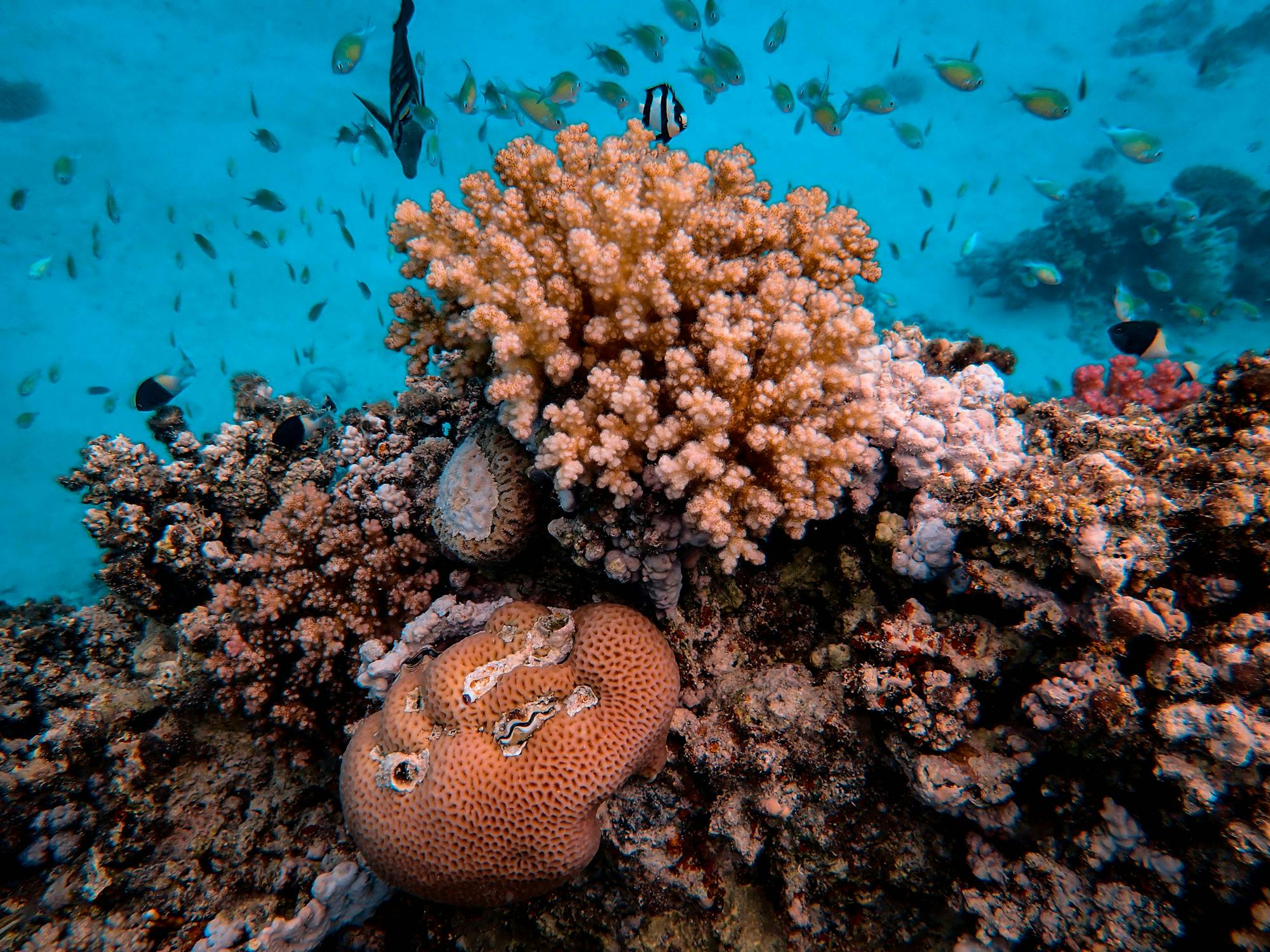
Source: Francesco Ungaro/Pexels
The discovery of extremophiles — organisms that thrive in harsh conditions – suggests that life could exist in the challenging environments of ocean worlds like Europa and Enceladus.
Recent Discoveries and Missions
Recent missions like NASA’s Europa Clipper and the European Space Agency’s JUICE are set to explore ocean worlds.

Source: Aubrey Gemignani/NASA via Getty Images
These missions aim to gather detailed data about the moons’ surfaces and subsurface oceans, looking for signs of life and understanding their geology and chemistry.
Potential for Future Exploration
The findings from these missions could pave the way for future exploration.
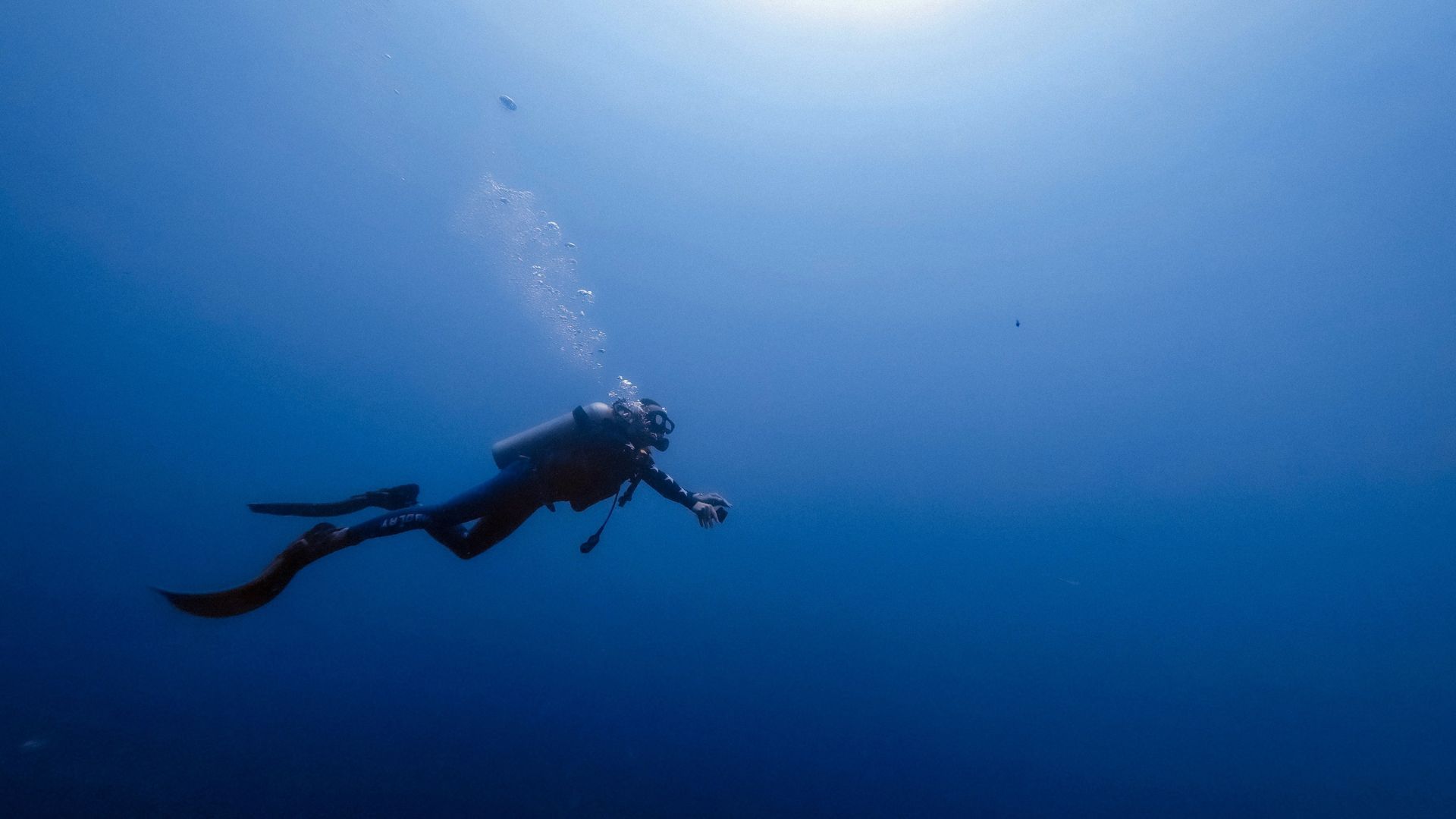
Source: Bobbi Wu/Unsplash
Scientists are already considering more ambitious missions, including landers and submersibles, to directly sample the water and search for life on these distant worlds.
Implications for Earth and Beyond
Studying ocean worlds not only helps us understand the potential for life elsewhere but also sheds light on the history and evolution of our own planet.
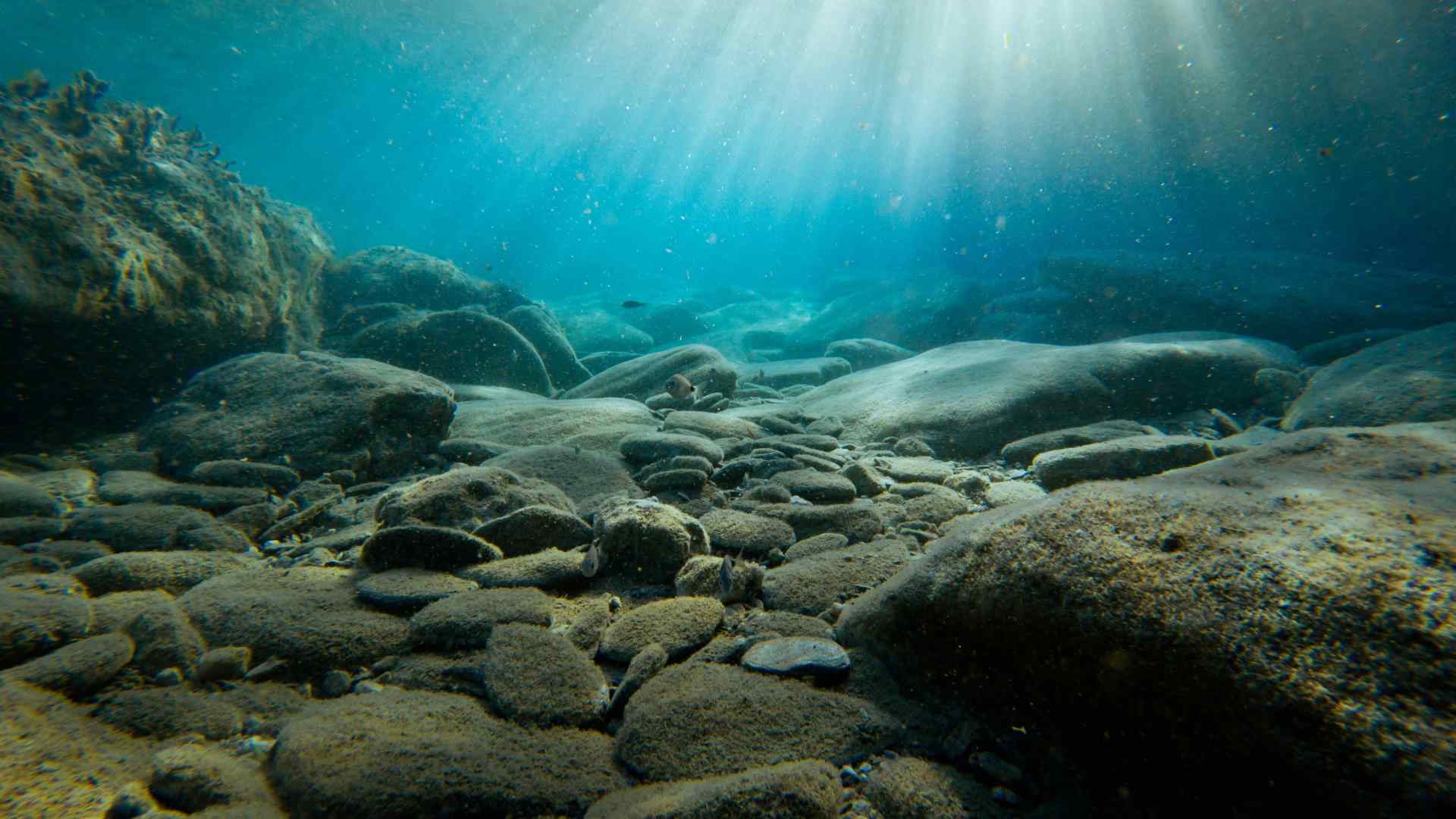
Source: Yannis Papanastasopulos/Unsplash
The knowledge gained can inform our understanding of Earth’s climate and the role of oceans in supporting life.
The Search for Extraterrestrial Life
The ultimate goal of exploring ocean worlds is to find evidence of extraterrestrial life.
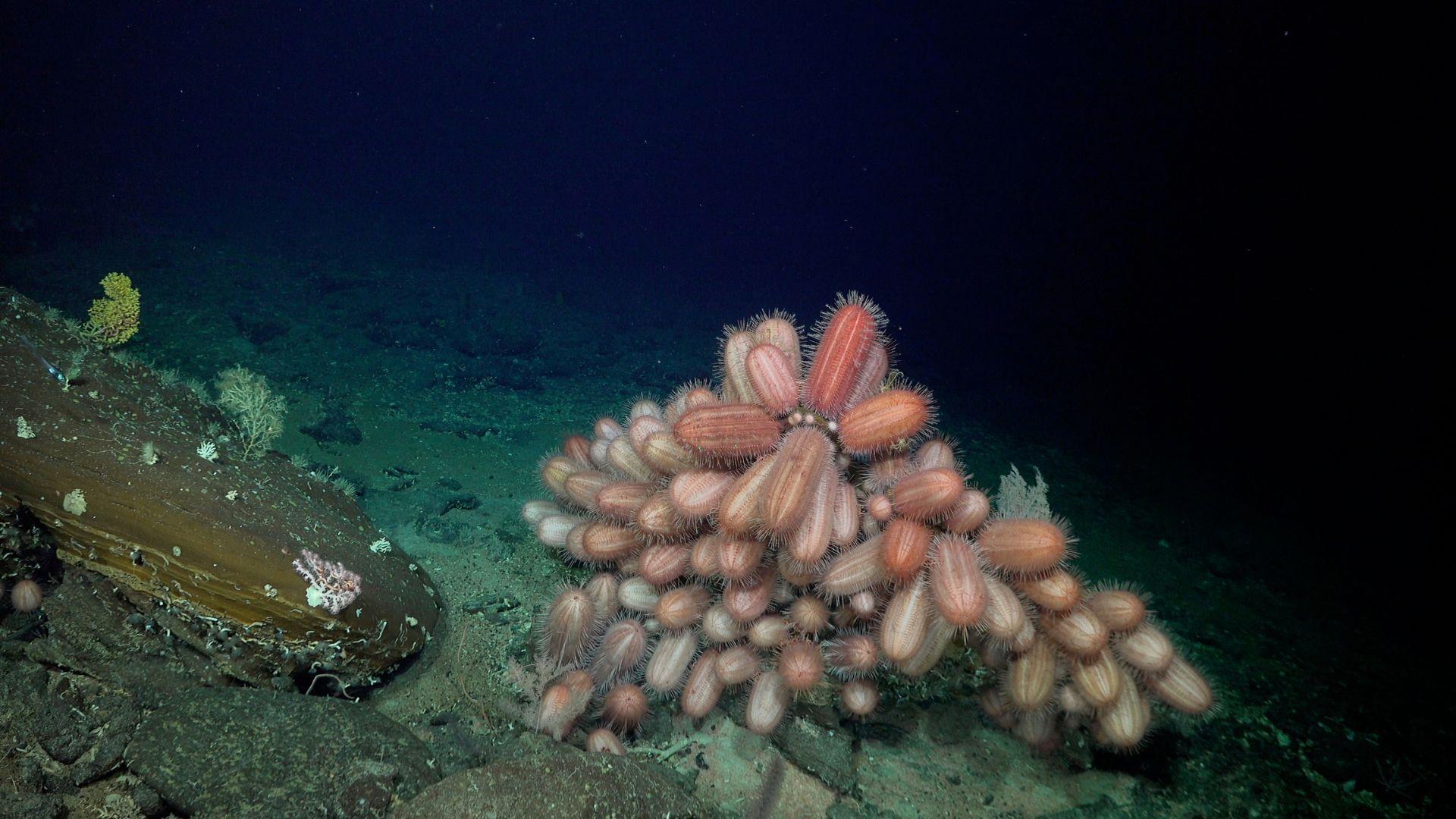
Source: ROV SuBastian/Schmidt Ocean Institute
Even simple microbial life would have profound implications for our understanding of biology and the uniqueness of life on Earth.
Collaborative Efforts in Research
Research of this caliber requires a collaborative effort involving scientists from various disciplines and countries.

Source: Wikimedia
The combination of expertise in oceanography, astrobiology, and planetary science is crucial for making groundbreaking discoveries.
A New Frontier
As we continue to explore our own oceans and those on distant worlds, we potentially stand on the brink of a new era of discovery.

Source: Sarah Brown/Unsplash
The connections between Earth’s oceans and alien ocean worlds may hold the key to understanding life’s potential in the universe.
